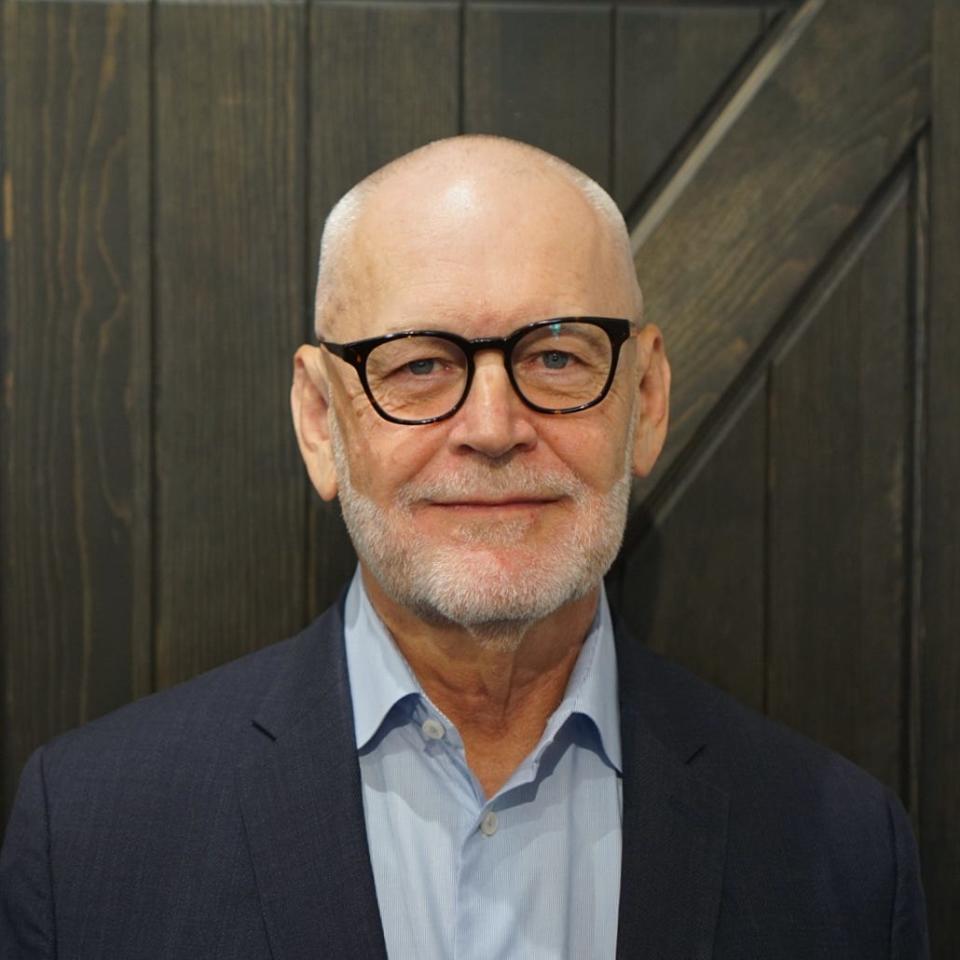Big health insurers putting squeeze on hospitals, patients | Opinion

When I led communications for one of America’s largest health insurance companies, one of the fights I always hoped to avoid was a high-profile dispute with a respected hospital system like the one playing out in Ohio between Elevance, the big for-profit insurer that owns Anthem Blue Cross and Blue Shield, and Bon Secours Mercy Health, which has deep roots in Cincinnati and many other communities in the state.
I left the insurance industry in 2008 after becoming disgusted with numerous trends in the health insurance business, including routinely denying coverage for medically necessary care and making patients pay more out of their own pockets before their coverage kicks in. Since then, health insurers have morphed into huge corporations by buying smaller competitors and, more recently, physician practices and clinics. As they have bulked up they have become more emboldened in trying to force hospitals to accept terms that are financially inadequate and hurt quality of care.
In Ohio, we are seeing the latest battle being waged to determine whether future health care is patient- or profit-driven. Elevance and BSMH are at an impasse in contract renewal negotiations. On July 1, Elevance relegated BSMH to out-of-network status, jeopardizing both the physical and financial health of Ohio’s most vulnerable citizens. BSMH says Elevance’s proposed payment rates do not reflect the nearly 10% rise in expenses between 2021 and 2022.
Elevance, which manages Medicaid benefits for nearly 12 million Americans, is one of seven insurers the state of Ohio contracts with to manage Medicaid benefits for more than 3.5 million people (almost one of every three Ohioans), including 1.3 million children. Elevance is the largest health insurer in the country in terms of health plan enrollment (nearly 48 million). And the company recently said it made 14% more in profits during the first half of this year than in the same period last year, growing from $4.8 billion to $5.5 billion. It is on track to exceed the record $8.5 billion in profits it made last year.

Squeezing hospitals − even small rural ones in constant danger of closing − to accept lower rates is just one tool Elevance and other big insurers use to achieve higher profits. Another, in which Elevance is a national leader, is denying claims.
A federal report recently found that among Medicaid plans, Elevance denied more than one in three claims in some markets, far more than AmeriHealth Caritas and CareSource, the two nonprofit health plans that also manage Medicaid benefits in Ohio. That makes BSMH’s contention that Elevance owes the hospital system $100 million in unpaid claims all the more believable. And efforts to collect what insurers owe cost taxpayers huge sums of money. The Ohio Hospital Association has found that Ohio hospitals end up spending, in an average year, $250 million appealing insurance company denials.
Insurers often play hardball with hospitals because a large percentage of what we spend as a nation on health care is delivered there. Patients come to hospitals to receive care. Hospitals deliver that care, then submit a claim to be paid. Instead of paying legitimate claims, insurers − especially for-profit insurers like Elevance− frequently deny them or negotiate aggressively to pay less. The less they pay, the more they have left to reward shareholders and top executives.

It is important for community leaders and lawmakers in Ohio to recall that Elevance’s ongoing dispute with BSMH is just its latest in Ohio. Earlier this year, Medicaid patients receiving care at the Christ Hospital Health Network and Nationwide Children’s learned that Elevance had kicked those hospitals out of its network, making it necessary for them to seek care elsewhere or face potentially high out-of-pocket costs as the parties continued negotiations.
These battles are not between evenly matched players. Through multiple acquisitions and the 21 contracts Elevance has won to manage state Medicaid programs nationwide, the company is now the 22nd largest in America. And among insurers, it has the dubious distinction of being an industry leader in denying or delaying care and balking at paying hospitals and other health care providers what they are owed to maximize profits.
Wendell Potter is a former Cigna and Humana executive and industry whistleblower whose Health Care Un-covered newsletter includes analyses of big health insurers' financial performance.

This article originally appeared on Cincinnati Enquirer: Big health insurers putting squeeze on hospitals, patients | Opinion

